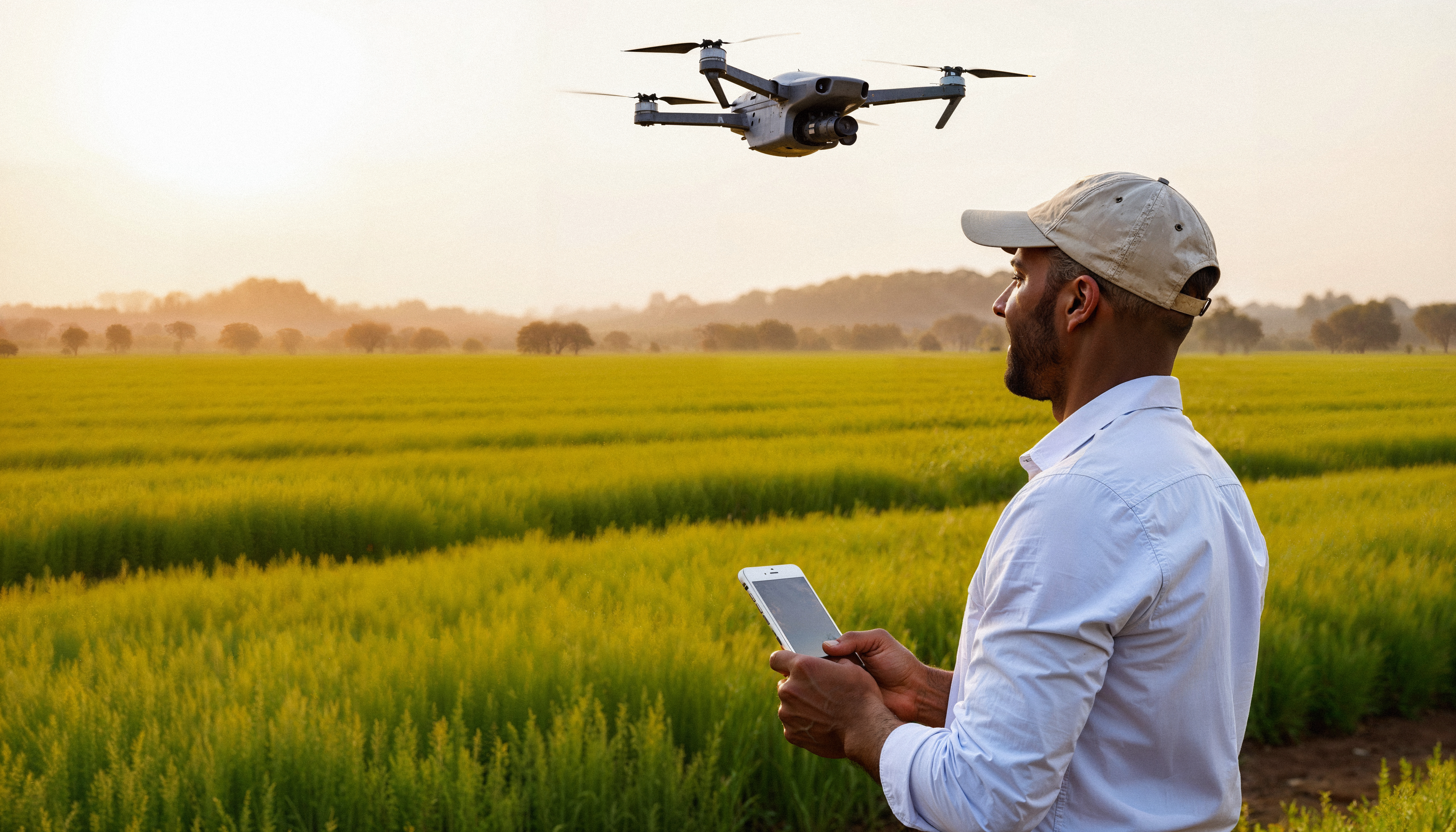
UAV Surveillance in Nigeria: How Drone Patrols Reduce Risk for Estates, Factories & Events
Published on Aug 23, 2025 by john
Security risks evolve fast, faster than static cameras and occasional guard patrols. Across Nigerian cities like Kaduna, Abuja, and Lagos, organisations are adding UAV (drone) surveillance to close blind spots, speed up incident response, and document what really happens on site.
In this guide, we explain how drone security works, where it delivers the most value, and how NetHawk deploys UAV patrols safely and compliantly to protect people and assets.
What is UAV surveillance?
UAV surveillance uses drones equipped with day/night cameras, and, where appropriate, thermal sensors, to patrol perimeters, inspect rooftops and hard-to-reach zones, and provide real-time video to a command centre or on-site security team. Compared to fixed CCTV, drones offer:
-
Mobile coverage: Reach hotspots quickly, follow suspicious movement, and view from multiple angles.
-
Faster detection: Aerial vantage points spot intrusions earlier, especially over large compounds.
-
Recorded evidence: High-quality footage supports investigations and incident reporting.
Where drones make the biggest difference
-
Gated estates & residential communities
Detects perimeter breaches, fence tampering, and loitering outside gates. Night patrols with thermal can identify heat signatures in low-light areas. -
Factories, depots & warehouses
Monitors loading bays, fuel/storage areas, and high-value goods in motion. Useful for verifying HSE compliance from above (PPE zones, fire lanes, blocked exits). -
Construction sites
Tracks material movement, checks scaffolding and rooftop safety, and helps reduce theft after hours. -
Events & VIP movements
Supports journey management and VIP escort by scouting routes, monitoring crowds, and providing overwatch during arrivals and departures. -
Farms & remote assets
Covers long distances for perimeter checks, livestock monitoring, and early fire/smoke detection in dry season. -
Critical infrastructure
Augments guard forces at power assets, telecom towers, and pipelines with periodic aerial sweeps.
How a NetHawk drone patrol actually runs
-
Risk assessment & patrol plan
We map your perimeter and blind spots, define “watch zones,” and agree escalation rules with your security lead. -
Compliance & flight approvals
Operations are conducted under applicable NCAA regulations and local requirements, with documented SOPs, geofencing, and NOTAM checks where relevant. -
Launch windows & frequency
Patrols can be scheduled (e.g., top of every hour, dusk/dawn) and ad-hoc (alarm-triggered), with dwell time over hotspots. -
Live monitoring & comms
Live video is streamed to a control tablet/ops room. If we detect an issue, we alert your guard supervisor and execute the agreed playbook. -
Evidence & reporting
After each shift, you receive a concise log with time-stamped clips and annotated images for your incident file and HSE records.
Safety, privacy, and compliance
-
Air risk: Trained pilots, pre-flight checklists, and controlled launch/landing zones reduce ground and air risk.
-
Geofencing: Software limits flight to authorised areas; we avoid overflight of public roads/crowds unless permitted and necessary.
-
Data handling: Footage is retained under your policy (e.g., 30-90 days), hashed for integrity, and shared securely with authorised personnel only.
-
Regulatory adherence: We plan and operate within NCAA frameworks and local regulations, and we’ll advise you on any site-specific constraints.
ROI you can measure
-
Fewer incidents: Aerial presence is a visible deterrent; hotspots receive more attention at the right times.
-
Faster response: From alert to eyes-on in under a minute for most compounds.
-
Better evidence: Clear visuals reduce disputes and speed insurance or disciplinary processes.
-
Lower total cost: By covering larger areas efficiently, drones can complement, and sometimes reduce, ground patrol hours.
Checklist for Security Managers (use this to scope your site)
-
Map perimeter, gates, fence lines, blind spots, rooftops, and car parks.
-
Identify critical hours (shift change, loading times, cash/asset movement).
-
Define “what triggers what”: when to call guards, management, or law enforcement.
-
Set retention policy for video evidence and who can access it.
-
Confirm approved launch sites, emergency landing zones, and restricted areas.
Why clients choose NetHawk
-
Integrated services: UAV surveillance plus VIP escort and journey management for end-to-end protection.
-
Operational discipline: Clear SOPs, incident playbooks, and post-shift reports you can share with management.
-
Local expertise: Experience across Kaduna, Abuja, and Lagos environments, urban compounds, estates, and industrial parks.
-
Scalable packages: From weekend night patrols to 24/7 coverage with layered CCTV and guard response.
FAQs: Drone & Estate Security in Nigeria
Q1: Do drones replace my guards?
No. Drones augment guards by giving them rapid aerial visibility. Most clients keep their existing guard strength but redeploy time to response and checks.
Q2: Can we fly at night?
Yes, with the right equipment, training, and permissions. Night operations are planned carefully and follow our safety SOPs.
Q3: What about privacy for residents and staff?
Patrol routes and camera angles are planned to focus on perimeters and common areas. We implement strict data policies and access controls.
Q4: How quickly can we start?
After a site survey and paperwork, most routine patrols can begin within days on a planned schedule.
Call to Action
Ready to test a patrol? Book a free site assessment today. We’ll map your blind spots, propose a patrol plan, and run a short proof-of-concept so you can see the results.
-
Kaduna Office: +234 (0) 906 7879 766
-
Email: info@nethawksolutions.org
-
Services: Security · Aviation (UAV) · Logistics